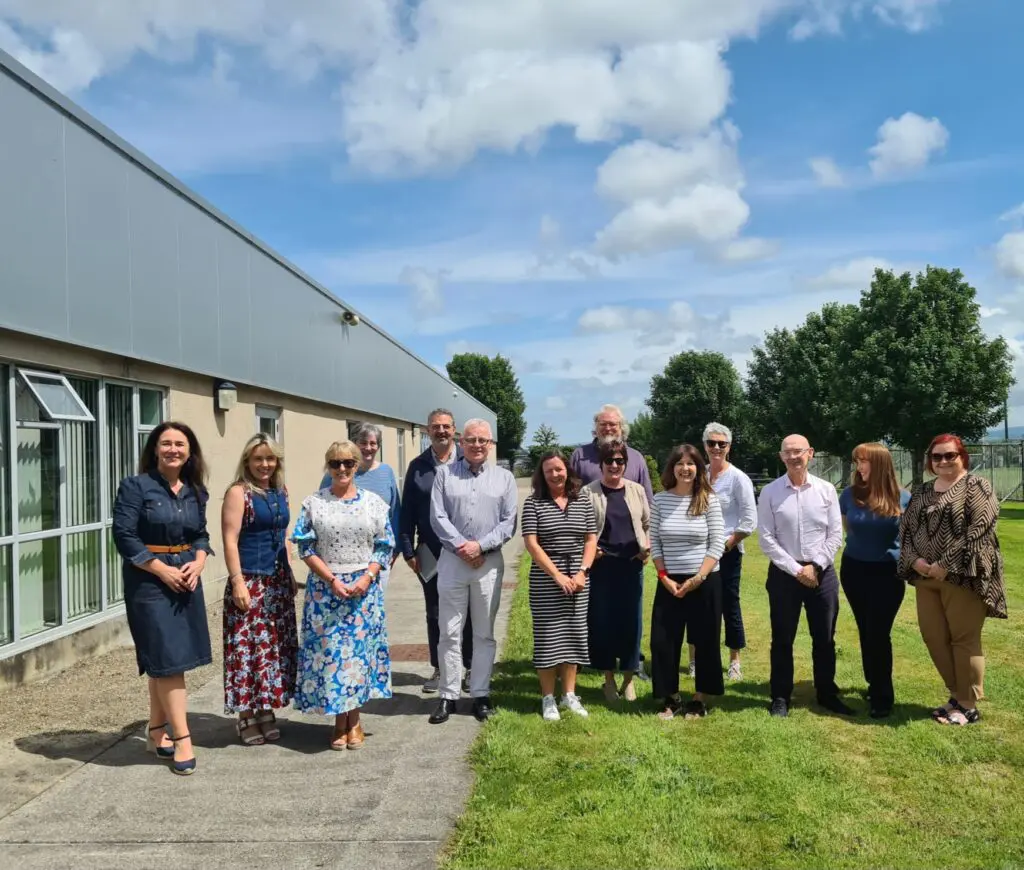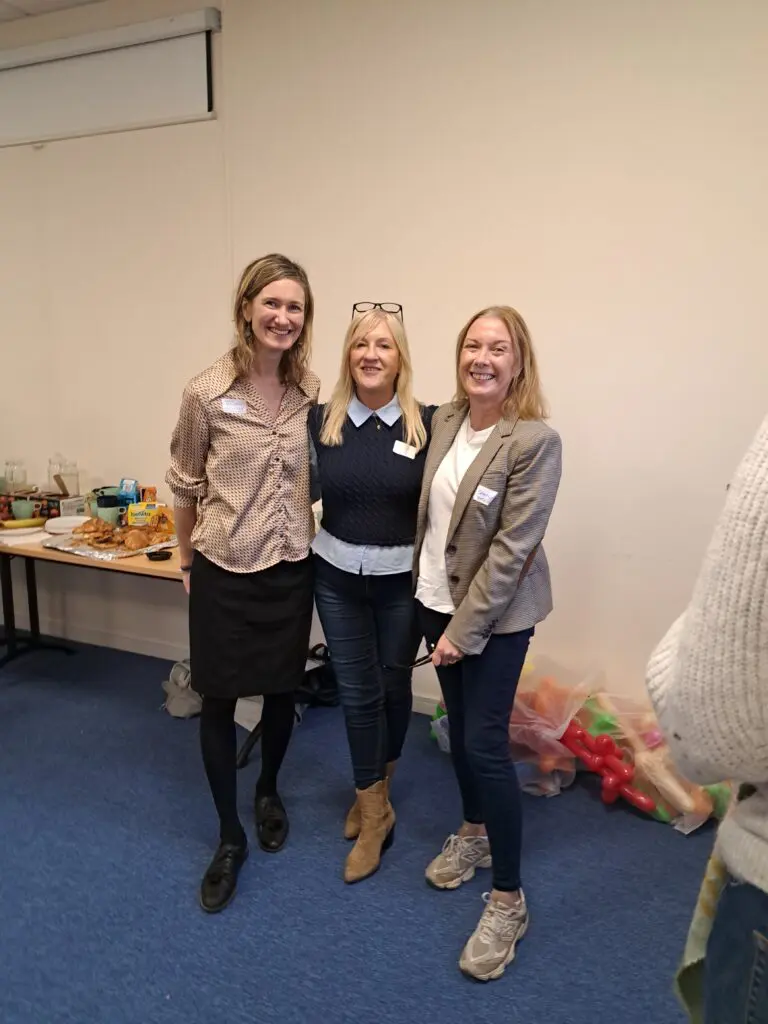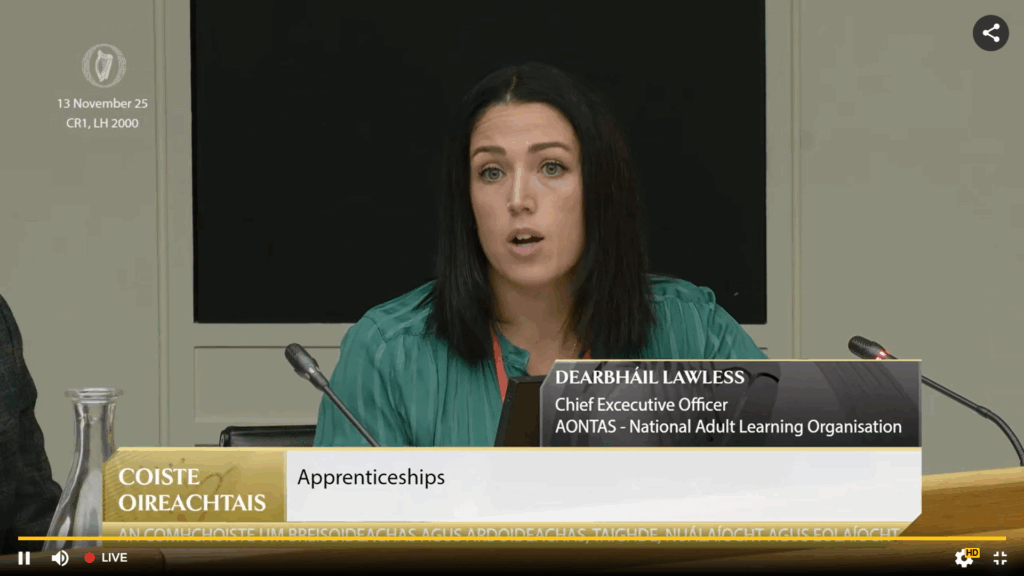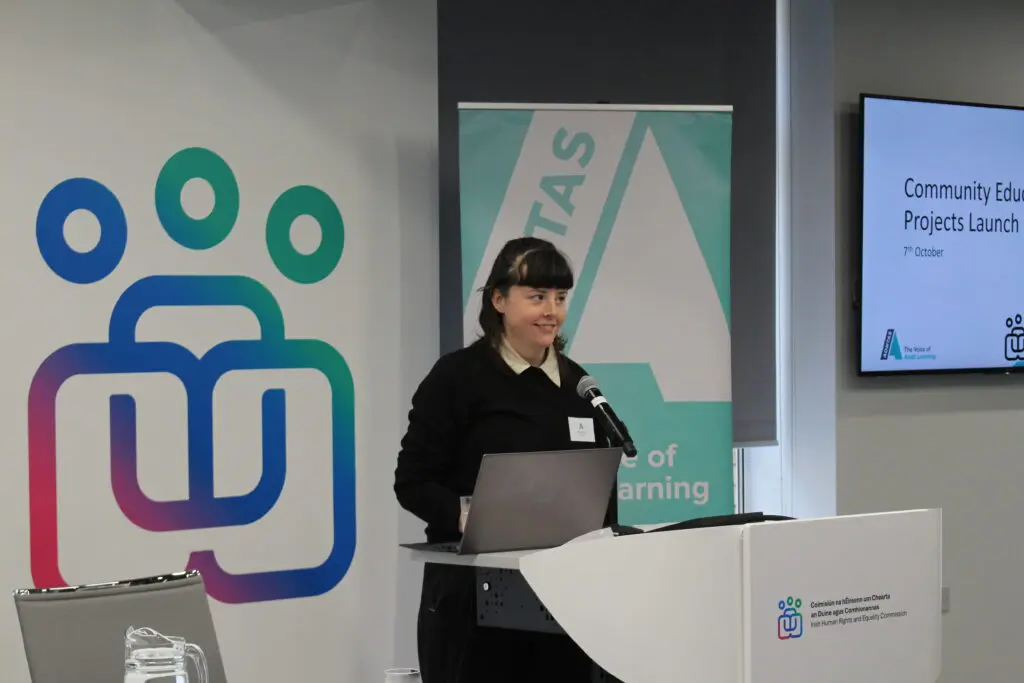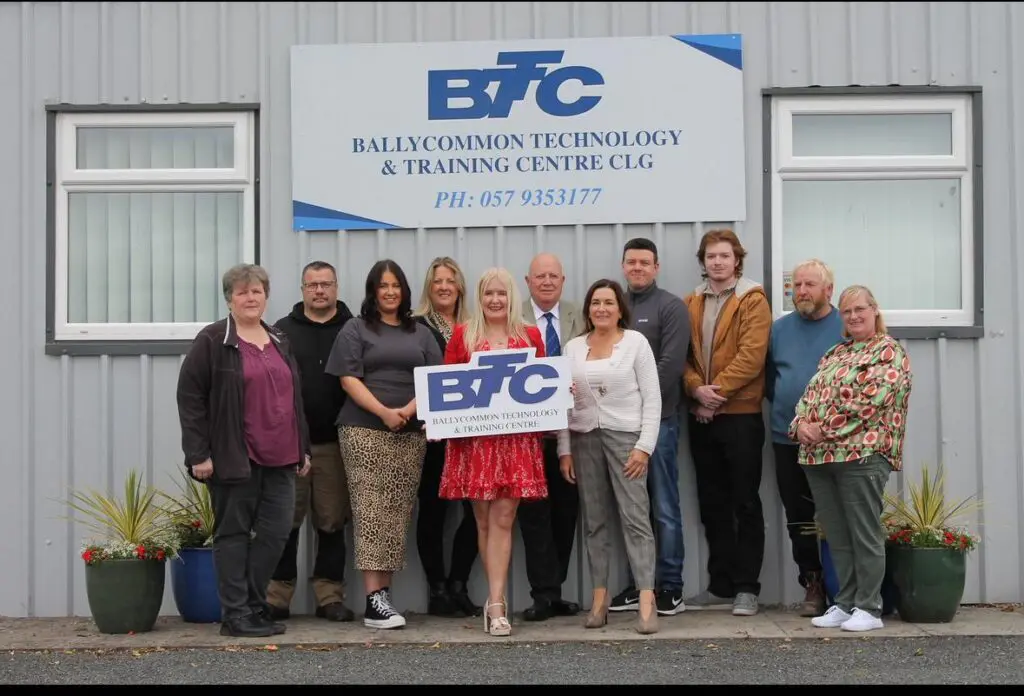There is a new focus on micro-credential courses in Irish education.
In Ireland, 14% of adults are engaged in some form of learning, but in 2022 Simon Harris TD, Minister for Further and Higher Education, Research, Innovation and Science, set a target of reaching 64% of people by 2030. These new short “micro-credential” courses, which are being run in partnership with universities across Ireland, offer a way to spark greater interest in lifelong learning.
The short courses are flexible options for people to upskill while they are working. They are “designed to fit around your life”, according to the new MicroCreds website. The new offering has been developed by the Irish Universities Association (IUA) alongside seven universities, was launched recently by Minister Harris and Simon Coveney TD, Minister for Enterprise.
The courses are quality assured and accredited by the universities involved. According to the IUA, they are “learning opportunities which offer a highly flexible, bite-sized and accessible way of upskilling and reskilling. Learners may choose to undertake an individual micro-credential or continue on studying, advancing their skills and knowledge over time.”
This idea of increased flexibility and accessibility is a core part of the new Unified Tertiary Education System, driven by Minister Harris. With the launch of new joint programmes between FET and Higher Education, Minister Harris is working towards a “seamless transition” from one to the other. This works to offer parity of esteem for people who come through the FET or QQI (Quality and Qualifications Ireland) route in their education, and people who come through the “traditional” Leaving Certificate route.
In addition, Minister Harris has recently announced funding specifically to help people with literacy, numeracy, and digital skills through specific activities like cooking and boxing. Minister Harris said the new funding “will ensure we reach those key target groups such as older adults, members of the Traveller community, or persons experiencing addiction.”
The funding comes under the Adult Literacy for Life strategy, and Director Yvonne McKenna said that it “will help a range of learners including older adults, Travellers, migrants, lone parents, and early school leavers gain access to key supports.”
This aligns with the target groups identified in the National Access Plan, and suggests a move by the Government to offer flexible courses that can be completed in component parts, which could help people who face the most barriers to getting the education, skills, jobs, and life they want.
This flexible approach is at the heart of community education in cities and towns across Ireland. Community education is based on shared values of inclusivity and equality. Providers have long been offering flexible and open forms of learning to people regardless of their education history or background. Learners often have the option to take one module at a time, to build up credits, and – if they choose – move up through the levels at a pace that suits them.
Community education is broader than skills development as it equally values the personal experience, health, and happiness of the learner. The care, empathy, and accommodating approach at the heart of community education provision can have knock-on effects for people who may be dealing with very difficult situations, including the impact of poverty, trauma, mental illness, racism, and addiction.
A truly flexible lifelong learning system in Ireland could mean that people have access to the education they want and nothing is out of reach. In order to cater to all, AONTAS suggests that aspects of the new micro-credentials platform could also be targeted towards people involved in community education, both learners and practitioners. In the future, we hope this system will follow the concept of the Unified Tertiary Education Model and provide Micro-Credential lifelong learning opportunities across the system.
For more on the new Micro-Credentials platform, check out MicroCreds.ie

